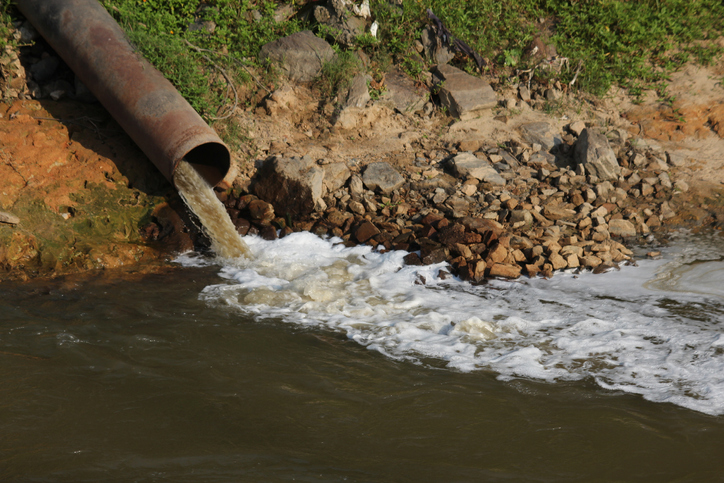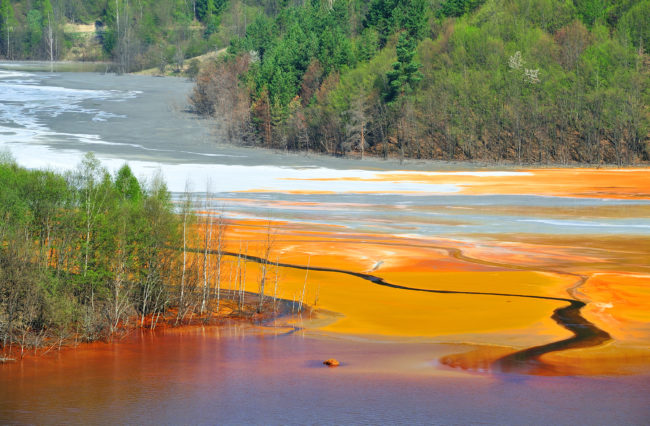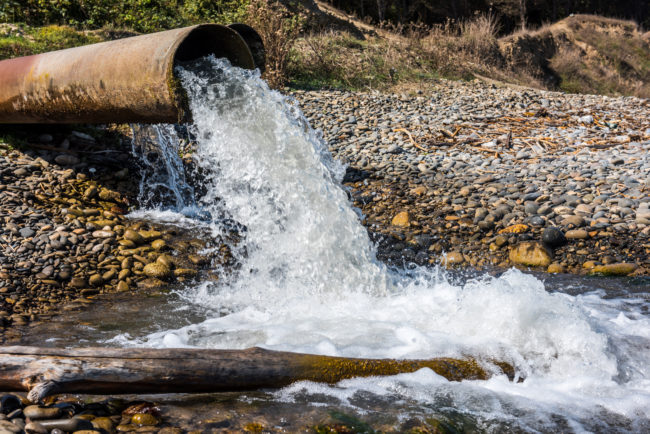Pennsylvania’s appellate courts continue to be active in shaping the state’s laws surrounding hydraulic fracturing. Recently, in Protect PT v. Penn Township Zoning Hearing Board and Apex Energy (PA) LLC, the Commonwealth Court affirmed a zoning board’s decision permitting a natural gas company to store large quantities of wastewater from fracking operations at and around multiple drilling sites because it did not meet the definition of “toxic” material, as set forth under local ordinance, among other reasons.
In this decision involving multiple special exception …
Continue Reading


